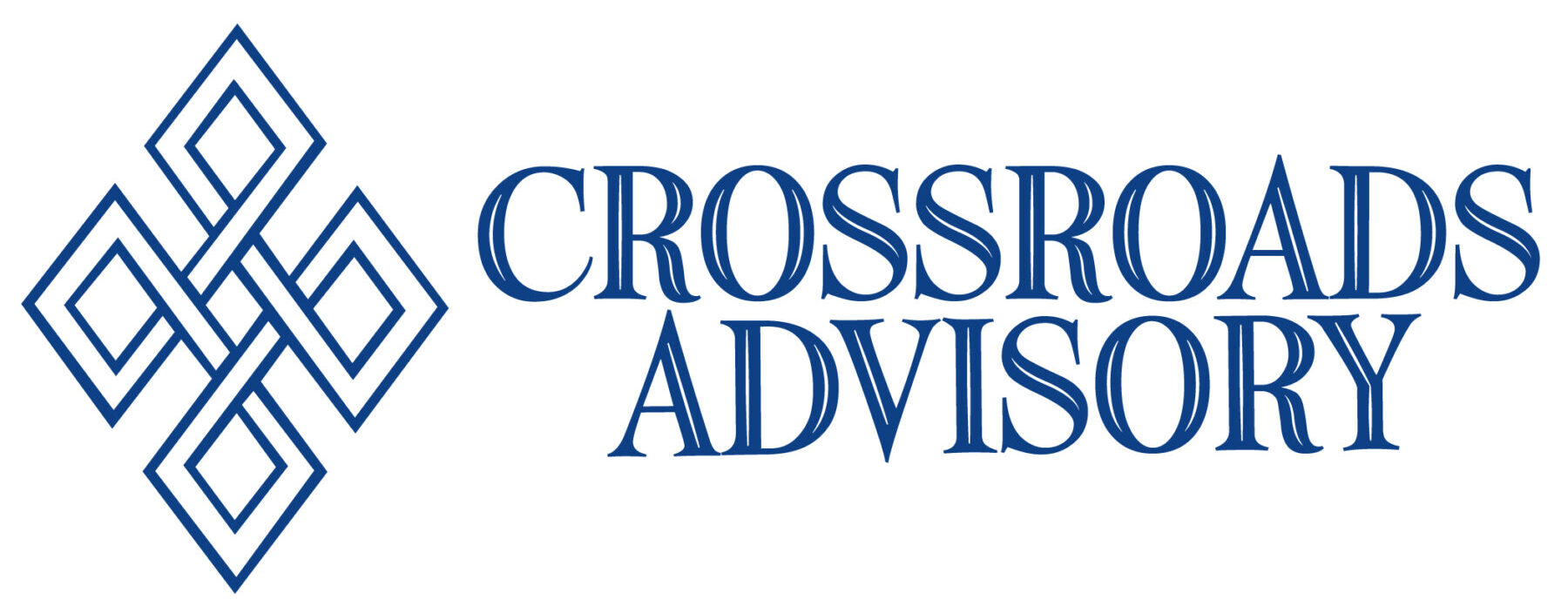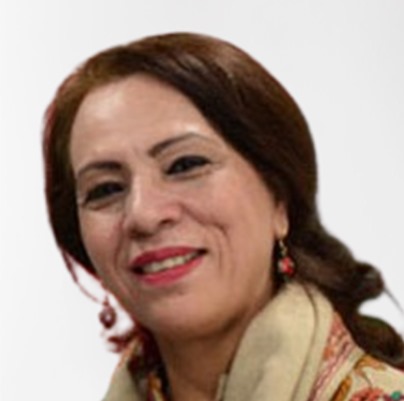Farzana Bari is a prominent Pakistani feminist and a leading voice on human rights in the country. She holds a PhD in Sociology from the University of Sussex, UK. She served as the director of the Center of Excellence in Gender Studies at Quaid-i-Azam University in Islamabad and introduced gender studies into civil service exams to pave the way for a better understanding of gender concepts and gender justice at the institutional level. With over 25 years of experience in gender studies, Dr Bari has been a trailblazer in the field. She has contributed numerous academic articles on gender issues to national and international journals and books. Dr Bari’s commitment to social change continues to be reflected in her active campaigns for the marginalized and oppressed. She is an active convener of discussions on socio-economic, political, and religious injustices in Pakistan.
Afiya S. Zia (Ph.D. Women and Gender Studies) has held the Frank B Weeks chair as, Visiting Assistant Professor of Feminist Studies, Wesleyan University, (2021-2022). She carries over 20 years of experience in research, teaching and activism. She has taught at the University of Toronto, Canada, and Habib University in Pakistan. Afiya is author of Faith and Feminism in Pakistan; Religious Agency or Secular Autonomy? (Liverpool University Press 2017) and two dozen peer-reviewed essays for scholarly journals. Afiya has also conducted nearly three dozen research studies for governmental, non- governmental, and international agencies with a special focus on democracy, civil society movements, and violence against women and religious minorities. She has drafted policies and prepared gender analysis for the Government of Pakistan toward improving women’s shelters, post-conflict services, electoral participation of women, special education, sexual violence, the #MeToo movement and legal activism. She has developed gender strategies for UN agencies and collaborated on large projects internationally. She is advisory member for several international and regional networks and rights-based organisations.

